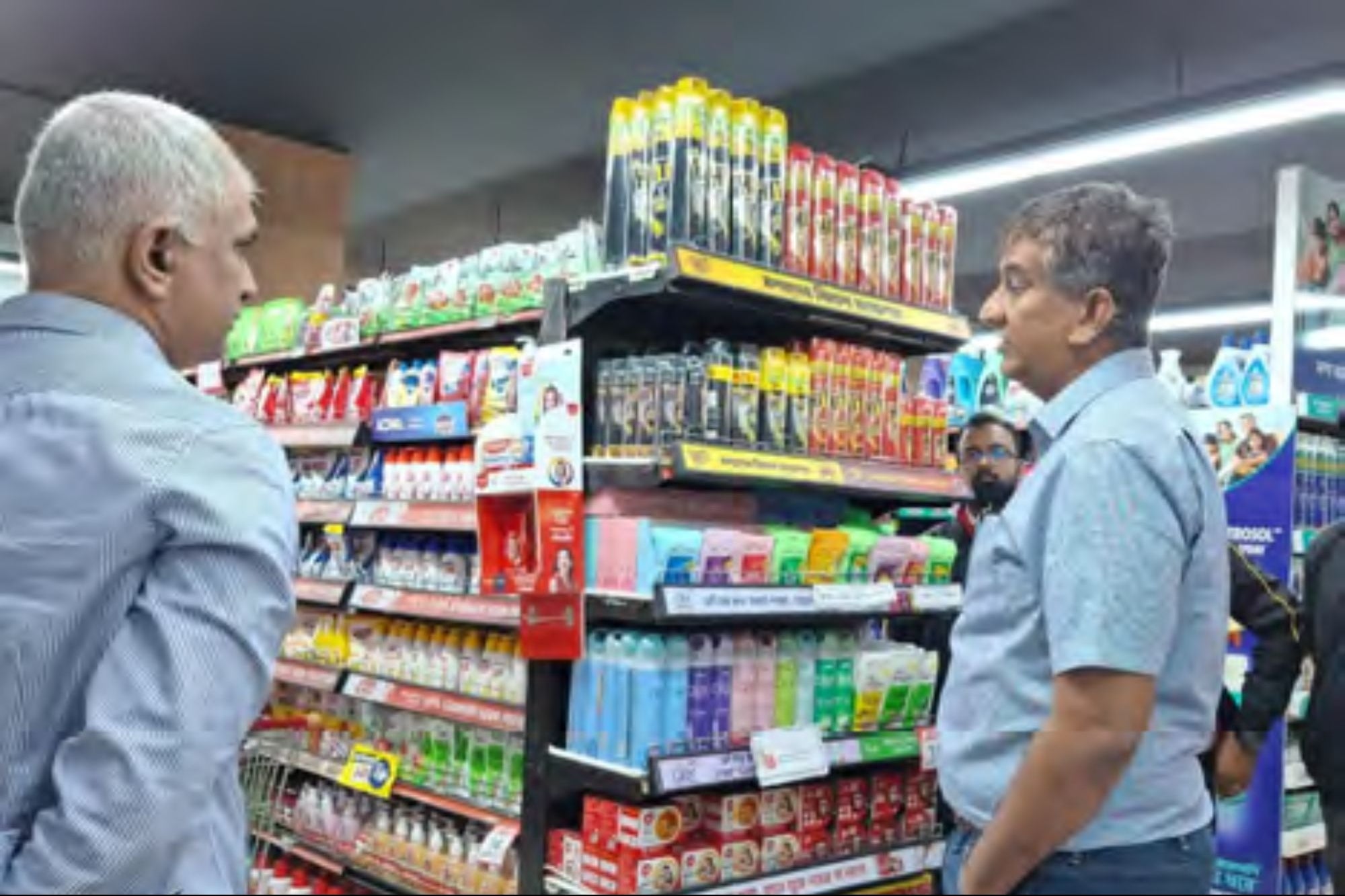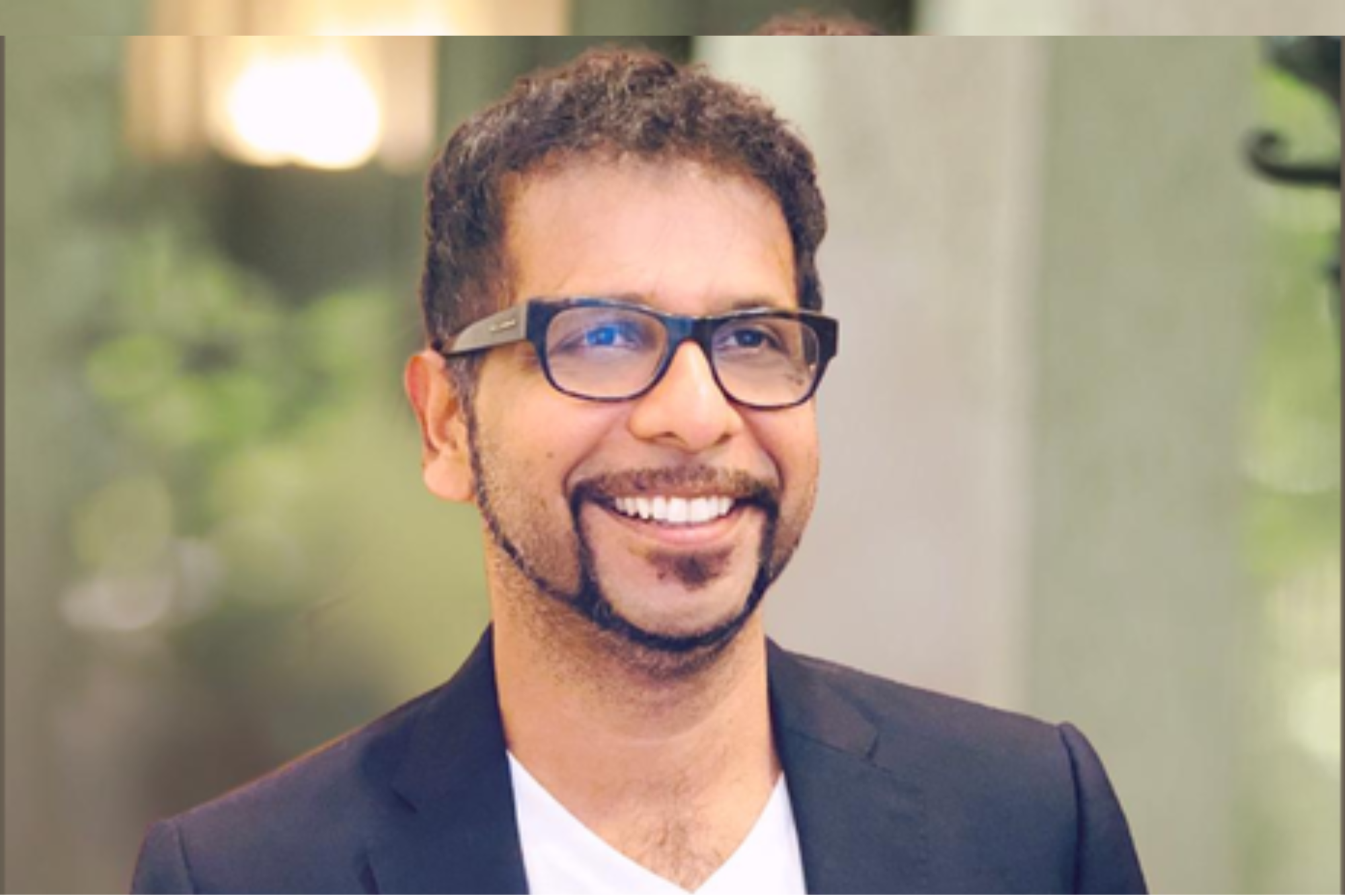Can GCPL Chase 'Wild Success' In FY26? The focus for fiscal year 2026 is fewer, bigger, better bets that can drive scale, margin, and future readiness
Opinions expressed by Entrepreneur contributors are their own.
You're reading Entrepreneur India, an international franchise of Entrepreneur Media.

Godrej Consumer Products Ltd (GCPL) is chasing wild success. Has it been successful? "If we want to be wildly successful, market-level growth is not enough. We must move faster, be more honest about what's not working, resist blaming the macro too easily, and relentlessly strengthen execution—all while staying true to the Godrej Way, where high performance, deep principles and joyful leadership come together," said Nisaba Godrej, executive chairperson, GCPL.
In FY25 GCPL recorded a two percent revenue and two per cent EBITDA growth, compared to the previous year. In India, a sharp spike in Palm oil prices disrupted soap margins in the second half. GCPL made the deliberate choice not to compromise long-term plans, even if it meant taking a hit in the short term. "We also expected stronger growth in household insecticides, especially with the launch of RNF, our new, more effective molecule. Deodorants underperformed too. We've since taken a hard look at execution in these categories—and the impact of those changes is reflected in our stronger Q4 results in these categories," she said.
In India, GCPL delivered five percent volume growth, which was below expectations, largely due to a sharper-than-anticipated consumption slowdown in the second half. However, few of its brands, such as Godrej Aer continued to grow well. Fab, the new liquid detergent brand, crossed INR 150 crore topline in its first year. In just over a year, Fab has hit INR 250 crore in annualised revenue run-rate (ARR), with a growth trajectory resembling that of a digital-first brand. This will likely be a multi-year growth engine and help GCPL build leadership in a large, under-penetrated category. Goodknight Incense Sticks have also been a big success. Incense sticks is now a INR 100-plus crore business with eight percent market share, and 50 percent share in outlets where it is distributed. Godrej Ninja, the entry into pet food, is a new launch aimed at improving revenue. The category is still nascent but poised for high growth over the next two decades. GCPL is building Ninja patiently—with strong consumer insight, responsible marketing and long-term brand building.
Furthermore, the company invested INR 500 crore each in Greenfield facilities at Chengalpattu in Tamil Nadu and at Malanpur in Madhya Pradesh. "Our growth model for India has three pillars. First, profitable share gain in soaps, where we have sharpened our focus on mix and margins. Second, a turnaround in household insecticides, where we are addressing the challenges of format downgrades. And third, expansion into future-facing categories—under-penetrated spaces like air care, liquid detergents, hair colour, body wash and sexual wellness," said Sudhir Sitapati, CEO & MD, GCPL.
Internationally, margins improved significantly—Africa, the US and the Middle East reached 15 percent EBITDA after simplification and restructuring. This sets the stage for more in FY26, especially in Chile. Meanwhile, products like Pocket (both Aer and Stella), Shampoo Hair Colour (both NYU and Issue) and Goodknight Liquid Vaporiser are scaling rapidly, contributing INR 400 crore to international sales in FY25—a 58 percent two-year compound annual growth rate (CAGR). Indonesia grew volumes at six percent, in line with the company's expectation but attaining profitability was a challenge.
The company's 2040 vision is bold, and it has a sharp Total Addressable Market (TAM) strategy. "Its beginning to play out—through our acquisition-led entry into deodorants, our foray into pet food with a new brand and our expansion into mass liquid detergents. To me, building a wildly successful GCPL means putting people and planet alongside profit—every single day—to create a legacy that endures for generations. GCPL is focussed and committed to delivering a strong performance in FY26, while continuing to shape our future ambitiously," Godrej added.
The focus for fiscal year 2026 is clear: fewer, bigger, better bets that can drive scale, margin, and future readiness. One of the top priorities is reshaping the deodorants category. "Our approach will be to rewire the price-pack-channel configuration, introduce more relevant innovation and invest in building brand equity instead of discount-driven sales. We are taking a more first-principles approach to a category that has strong long-term potential but needs fixing," explained Sitapati.












